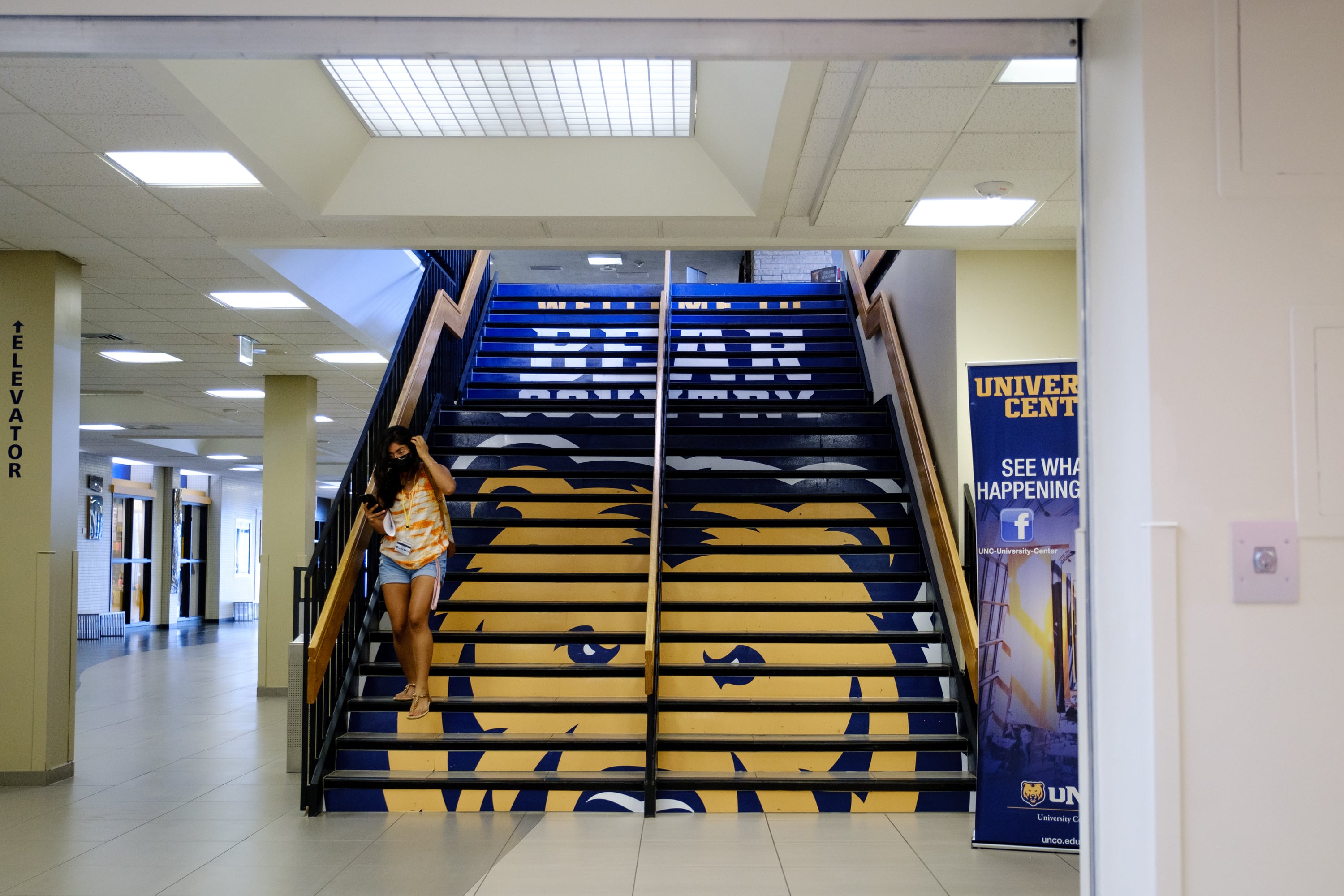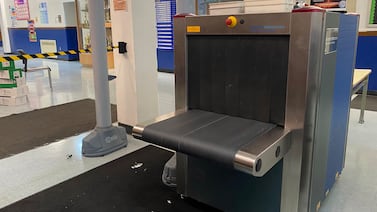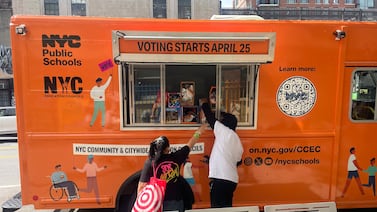Sign up for our free monthly newsletter Beyond High School to get the latest news about college and career paths for Colorado’s high school grads.
Almost 18 months ahead of school leaders’ expectations, the University of Northern Colorado has been federally recognized as a Hispanic Serving Institution, meaning at minimum a quarter of its students identify as Hispanic.
The Greeley school will now be eligible for federal grants to help more Hispanic students further their education. About 26% of UNC’s students are Hispanic, according to fall 2023 numbers. The school joins 16 other Colorado schools that have met the federal threshold.
Hispanic people are one of the fastest growing groups in the state. About 40% of the Greeley area identifies as Hispanic according to recent Census Bureau data, and about 60% of the students in the Greeley-Evans School District are Hispanic. But Hispanic students have been underrepresented at UNC and haven’t graduated at the same rate as their white peers. National data shows 44% of Hispanic students graduate within six years, compared to 54% of white students.
Since 2020, when the school revamped its strategic goals, school leaders have worked to grow the number of Hispanic students to better reflect the surrounding area’s population.
The school’s Hispanic population has grown in the last 10 years and ranged from 16% to 23% of the school’s population. Since 2020, the school has been just shy of 25%.
To attract students, Tobias Guzmán, Northern Colorado’s vice president of diversity, equity, and inclusion, said the school made changes to academics to be more reflective of Hispanic cultural contributions in fields of study. The school has also focused on making students feel more culturally welcome, including changing menu items in cafeterias and creating Hispanic murals on campus.
“The work is not done,” Guzmán said.
Guzmán said the school will use grants to expand research into what more UNC needs to do to serve students as well as give more students research opportunities. The school also wants to expand programs such as mentoring that help students graduate.
“Our determination and passion is there,” he said. “We want to work on the kinds of things that dismantle the barriers that we have for students.”
Jason Gonzales is a reporter covering higher education and the Colorado legislature. Chalkbeat Colorado partners with Open Campus on higher education coverage. Contact Jason at jgonzales@chalkbeat.org.





